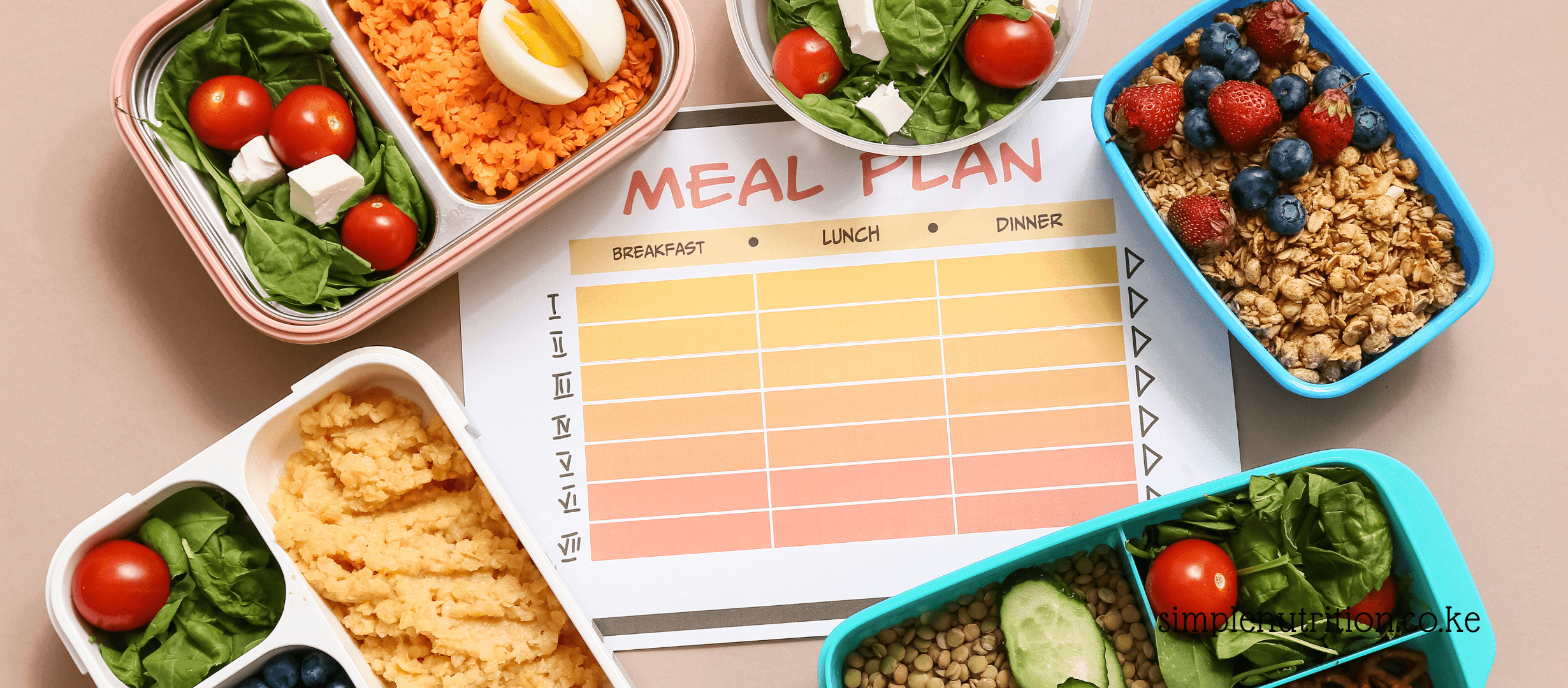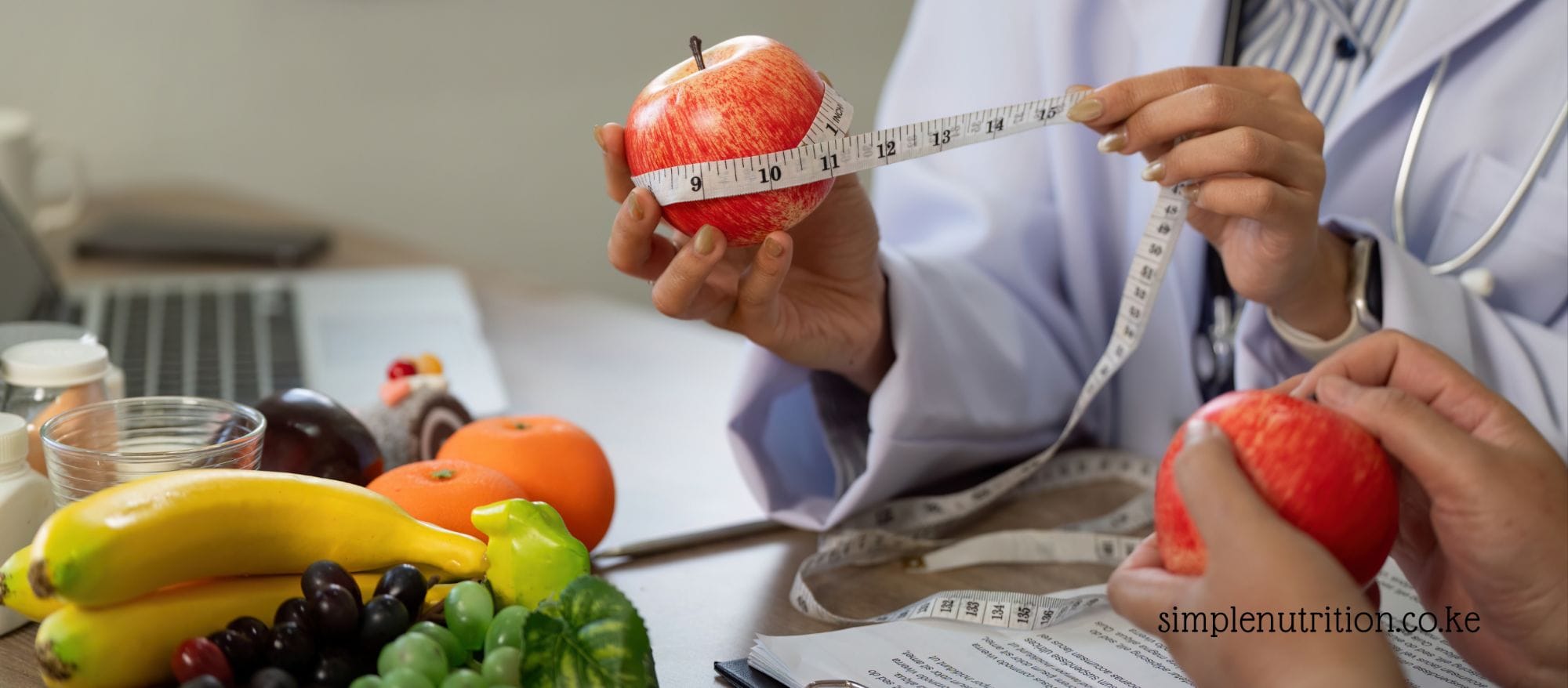The DASH diet, which stands for Dietary Approaches to Stop Hypertension, is a dietary plan specifically designed to help lower blood pressure and reduce the risk of hypertension.
It emphasizes eating fruits, vegetables, whole grains, lean proteins, and low-fat dairy while limiting saturated fats, cholesterol, and refined sugars.
Hypertension, or high blood pressure, demands attention as it poses significant risks such as heart attacks and strokes.
When you experience symptoms like chest pains, frequent headaches, shortness of breath, fatigue, or even nosebleeds, it’s crucial to have your blood pressure checked. High blood pressure often goes unnoticed but can lead to severe health complications.
If diagnosed with high blood pressure, your doctor may prescribe medications to manage it effectively. It’s essential to follow your doctor’s recommendations and adopt lifestyle changes to control blood pressure and reduce the risk of complications.
Nutrition management is also very crucial, besides the antihypertensive medications, you will also immediately be required to change your diet to accommodate foods that can help regulate your blood pressure.
Uncontrolled high blood pressure has extreme effects as it may cause heart attacks, kidney damage, and even stroke.
Some of the causes of hypertension include;
- Stress, anxiety, depression.
- A diet that is full of salt, fat, and added sugars.
- Diseases like diabetes and kidney damage.
- Over-exercising.
- Pregnancy.
- A high BMI
When your diet is high in saturated fats, cholesterol can accumulate in your blood vessels, forming plaques. These plaques narrow the blood vessels, making it harder for blood to flow through, which increases blood pressure.
Similarly, in individuals with uncontrolled blood sugar levels (hyperglycemia), high levels of sugar can damage blood vessels, impairing blood flow and causing the blood to become sticky. This also raises blood pressure.
Diagnosing hypertension isn’t typically done after just one visit to the hospital. It usually requires monitoring blood pressure multiple times over at least one week to confirm the diagnosis.
This is because factors like physical activity or stress can temporarily raise blood pressure. Treatment with antihypertensive medications is typically initiated after confirming persistent high blood pressure readings. However, sometimes relaxation techniques or lifestyle changes may be sufficient to manage blood pressure without medication.
While medication plays a significant role in managing hypertension, diet can have a profound impact as well, addressing approximately 60% of what’s needed to moderate blood pressure.
Diet is essential for several reasons:
- Prevention of High Blood Pressure: A healthy diet can help prevent the development of high blood pressure in the first place by reducing the risk factors associated with its onset, such as high cholesterol and high sodium intake.
- Maintenance of Normal Blood Pressure: For those already diagnosed with hypertension, dietary changes can help maintain blood pressure within a normal range, potentially reducing the need for higher doses of medication or additional medications.
- Prevention of Complications: Following a healthy diet can also prevent or reduce the risk of complications related to high blood pressure, such as heart disease, stroke, and kidney damage.
The DASH diet, designed specifically to manage hypertension, has proven to be highly effective. By adhering to the principles of the DASH diet, individuals can often achieve significant improvements in their blood pressure levels, sometimes even without the need for medication. It emphasizes the consumption of fruits, vegetables, whole grains, lean proteins, and low-fat dairy while limiting saturated fats, cholesterol, and refined sugars, making it a powerful tool in managing hypertension.
What is the DASH diet?
This is a diet that simply aims to keep your blood pressure in check. Normal blood pressure is at 120/80 (systolic/diastolic); therefore, anything above that could indicate a problem. The DASH diet encourages 4 things:
- More fruits of a different variety.
- More vegetables (variety).
- Whole grains.
- Lean proteins ( skinless chicken, fish) and plant-source proteins.
But limits;
Fruits and vegetables
Especially the ones rich in potassium like bananas and avocado are great because they’ll help reduce the effects sodium has on your blood pressure, you know the potassium/sodium balance in the body. A diet rich in Potassium is therefore highly recommended.
The dietary fibre
Fruits and vegetables are perfect for weight management.
The fibre will give you satiety and so less and less snacking, you know most snacks contain lots of salts, fat, and sugar, so the fewer the snacks you take, the better off you are.
Whole grains
Almost for the same reasons, aside from giving you sufficient amounts of minerals and other nutrients your body needs, will also provide enough fibre, to help with weight management and also prevention of constipation.
Lean proteins
Because you should fear saturated fat, we learned to enjoy chicken without the skin, fish, Omena, and mostly plant source proteins as opposed to red meats which contain lots of bad cholesterol.
The bad cholesterol loves to get stuck in our blood vessels, which in so many ways is not safe, let alone causing High blood pressure but also increases the risk of myocardial infarction (heart attacks) or even stroke when blood is unable to get to the brain.
What does a DASH diet limit?
We need to have some restrictions for this diet to work like a miracle.
Salt/sodium
Always increases blood pressure, so many foods already contain enough sodium, and we also get more and more sodium from the table salt we use to cook.
Aside from eating foods rich in Potassium to negate the effects of sodium, we’ll also need to be wise and only use very little salt when cooking, and not add more salt at the table on already cooked foods, in addition to table salt has been linked to causing many other serious medical conditions, this is a takeaway message for even people who don’t have high blood pressure.
Saturated fats
Red meats and most of the packaged over-processed foods (mostly snacks) are not good because you know still because of the bad cholesterol.
The build-up of this bad cholesterol in your blood vessels is going to raise your blood pressure.
Processed foods
Most snacks contain so many added fats, salts, and added sugars, again because we want to maintain a healthy weight, we want to reduce sodium and fat intake, and avoiding most snacks will be safer for an individual with high blood pressure.
What to do
The easy way out is to start embracing this DASH diet, the sooner the better. In addition to being loyal to this diet, we’ll need to ;
- Stop alcohol intake.
- Exercising more often 30 mins / 5 days a week is a way to start.
- Reduce intake of canned foods.
- Take enough water (at least 8 glasses a day).
Discover more from Simple Nutrition
Subscribe to get the latest posts sent to your email.




